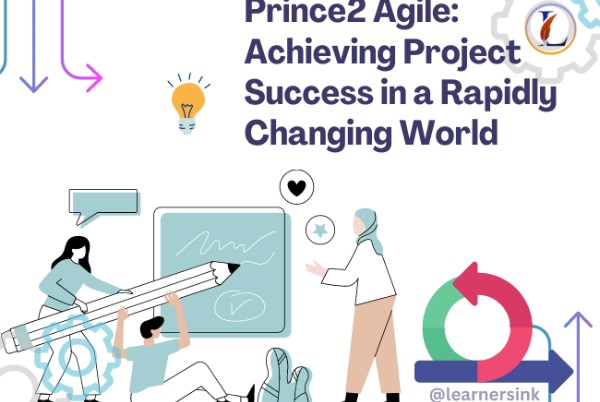Important Terms Used in Scrum Methodology

Important Terms Used in Scrum Methodology
Why get Scrum Master Certification?
A Scrum Master is a facilitator who ensures that the Scrum methodology is aptly used as intended in a given project. Scrum masters understand aspects of scrum which is an iterative Agile framework. Their main role is to understand the flexibility of the development strategy and help the team and the project to reach a common goal using only the Scrum principles.
The Scrum Master plays a pivotal role in removing any deterrents, facilitating the steps, and working towards the completion of the project in a good shape and being ready for the next iteration. Certified training in Scrum Master ensures a depth understanding of the principles and values of Scrum Methodology.
Certifications:
Scrum Alliance provides CSM (Certified Scrum Master) while Scum.org offers PSM (Professional Scrum Master) I and II. Both these courses are similar as they were created by Ken Schwaber (co-founder of Scrum). However, CSM is more widely recognized but can be expensive due to the renewal policy while PSM course material is standardized, and relatively new but doesn’t require renewal.
Why get certified?
It proves the level of competency and trust factor in order to judge the capability and knowledge of an individual at performing the role of Project Management with effectiveness. Professional training in Scrum Master is ideal for project managers, software developers, architects, testers, product owners, and individuals looking for better career prospects.
Scrum Masters are clearly different from Team Leads and managers as they have people responsibilities, while the Scrum Master focuses only on the project using Agile Scrum for its completion. Certification is the first step towards growing Agile. Continuous experience, as well as education, is necessary for becoming a true expert Scum Professional having a deep understanding of Scrum.
A prerequisite for this certification is a solid work experience of 36 months with scrum. It makes an individual a Servant-leader with skills to coach and guide organizations to use Scrum principles.
Register for Free and Get Exam Preparation Guidance and Study Tips, Expert Advice, and more
Click here to Register
Important Terms Used in Scrum Methodology
The Scrum methodology describes a unique approach to managing a product development project for software developers using the agile framework. When developers use a nontraditional approach such as agile development, Scrum is a strategy that allows the project to be completed in incremental, iterative stages often referred to as sprints. The Scrum methodology enables development teams to work as a cohesive unit to reach a common goal by emphasizing close collaboration among team members as well as strong communication during all stages of the project.
One of the most significant aspects of the scrum methodology is the ability of a team to be flexible about stakeholder requests throughout the project. During a project, a team may be faced with many unpredictable challenges and change requests. Using the scrum approach, a team recognizes these adjustments to be a normal part of the product development process, striving to adapt as quickly as possible to them as they arise.
In recent years the scrum methodology has continued to gain in popularity, complete with its unique approach to product development which includes its own terminology.
8 Essential Terms Used in the Scrum Methodology
As with most software development methodologies, there are certain terms that describe how the practice is done. The scrum methodology is no exception. There are several unique terms used in the scrum approach that are important to understand. Follow along to learn eight of the most important terms used in scrum:
- Sprint - A sprint refers to an iteration of work in which product functionality is implemented. During a sprint, the team focuses solely on one task to maximize the efficiency of product functionality.
- Burn Down Charts - A chart that shows daily progress and the work remaining over time. In Scrum, a burndown chart may be applied to the progress of the sprints, as well as the overall project.
- Product Backlog - A backlog that expresses a prioritized list of product items that include both functional and non-functional customer demands. In Scrum, it is the product owner who is ultimately responsible for the list of prioritized product items.
- Product Owner - The product owner holds the final authority in representing the customer's interest in the backlog prioritization as well all requirements requested. The Product Owner plays a vital role in daily planning and must always be available to the development team for any and all changes requested by the customer.
- Scrum Master - A scrum master acts as a facilitator or coach to the development team as well as the product owner throughout the project. A major role of the scrum master it makes sure any and all impediments are removed from the project so the team can move along as efficiently as possible.
- Impediments - An impediment is any obstacle that may prevent a team or team member from performing their work as efficiently as possible. In Scrum, it is vital that any impediment be recognized and dealt with as possible.
- Release - A release is the transition of an increment when the team completes a potential shipping product to the customer. Typically a release will happen when several sprints result in the value of the product outweighing the cost to use it.
- Velocity - In Scrum, velocity refers to the amount of product backlog a team can attack during one sprint. Once the velocity of a team is determined, it can be used to plan future projects and forecast completion dates.
The Scrum methodology has been highly popularized by development teams using the agile approach to software development. As with any methodology, it's vital to understand the key concepts and terms that are employed with such an approach in order to operate efficiently. With the increasing growth of agile and scrum, the key terms used cannot be ignored.
Learners Ink 2019 - | All Rights Reserved
.jpg)



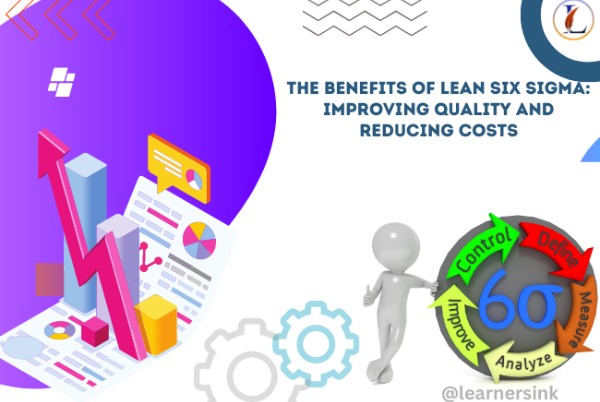



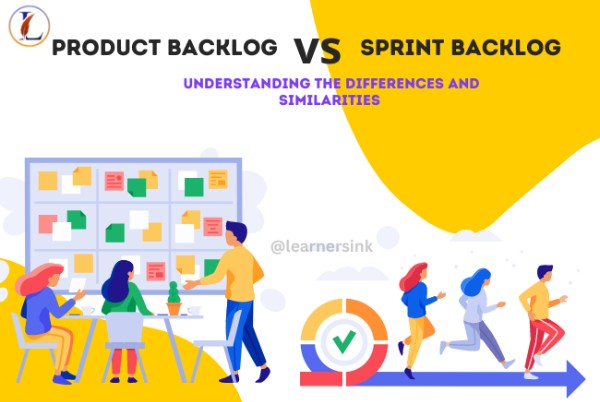



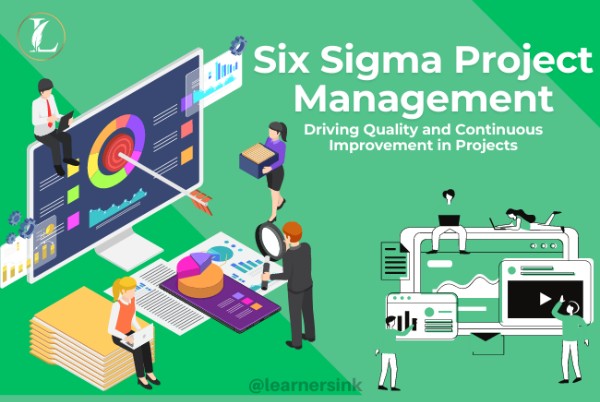





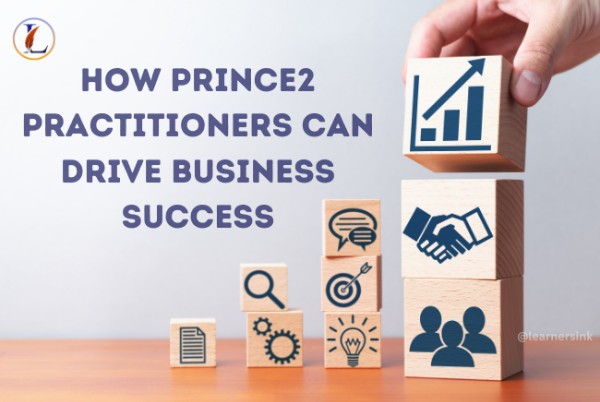

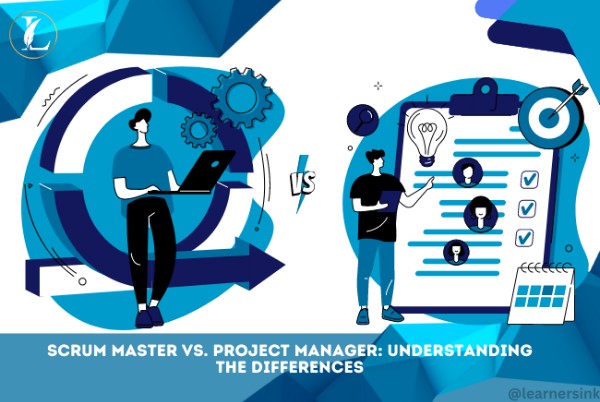






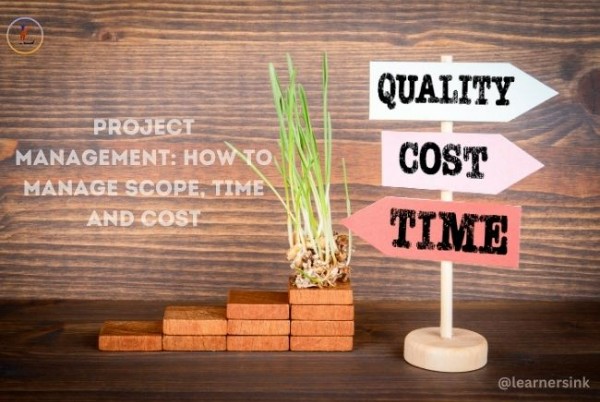















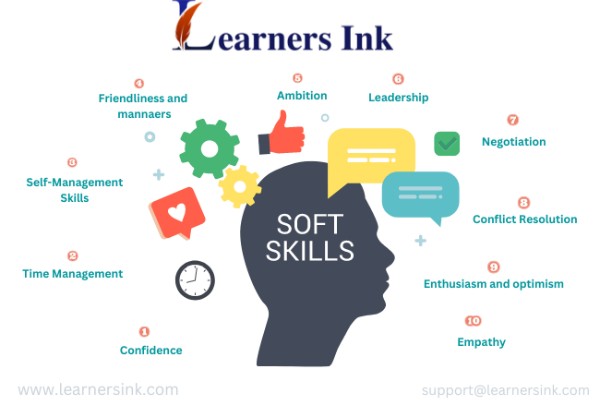






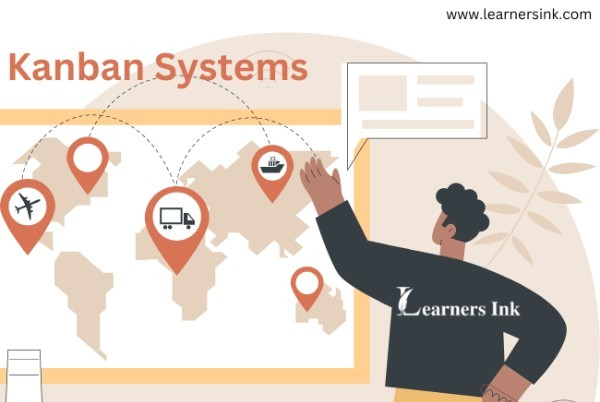

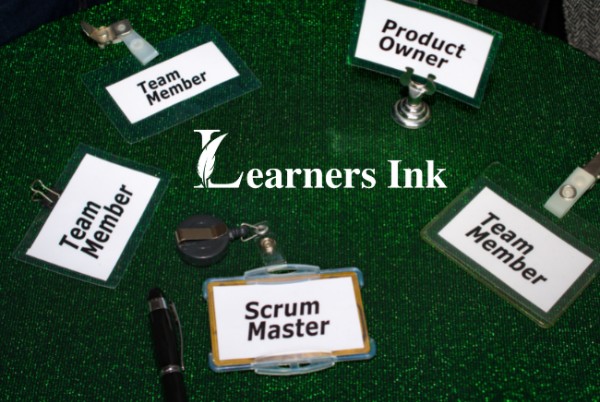

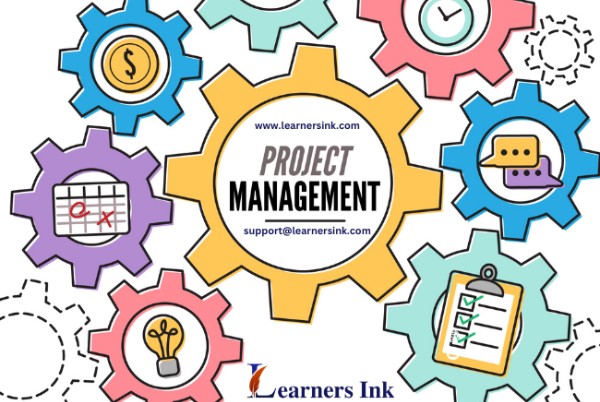
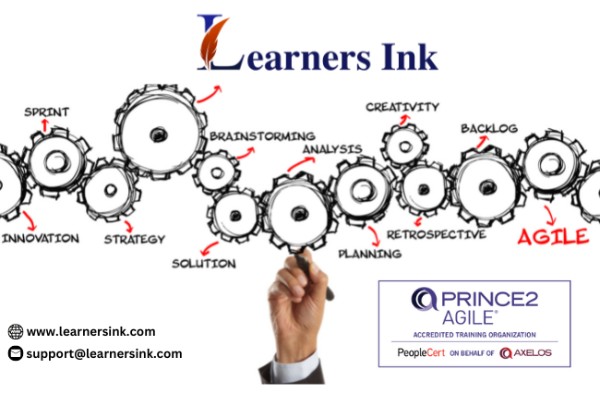


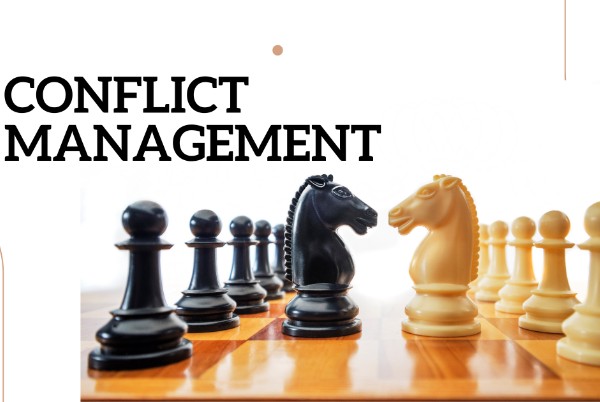

.jpg)

